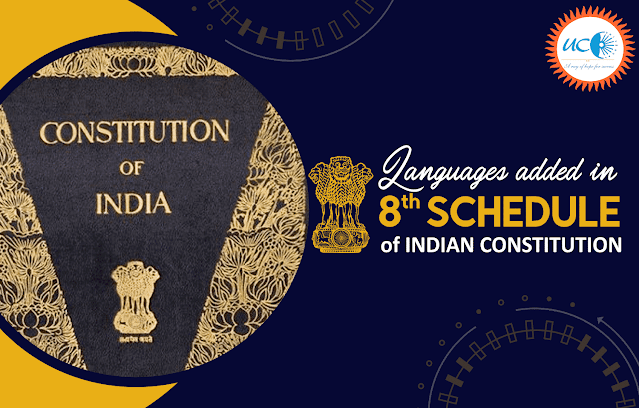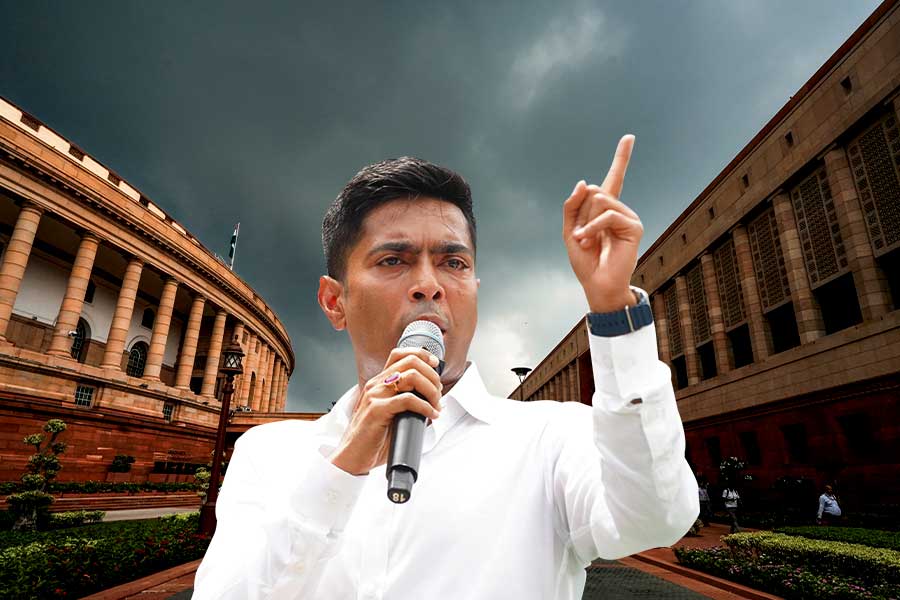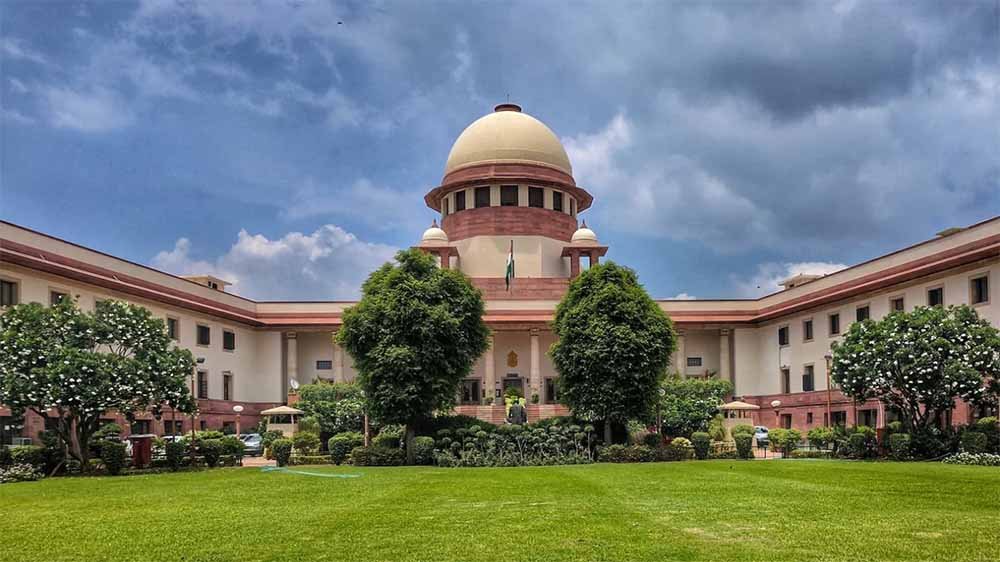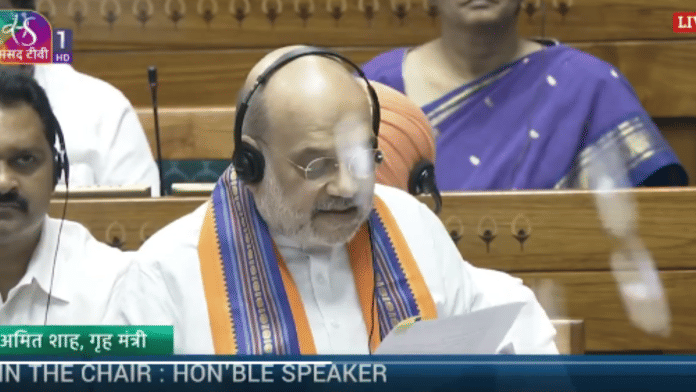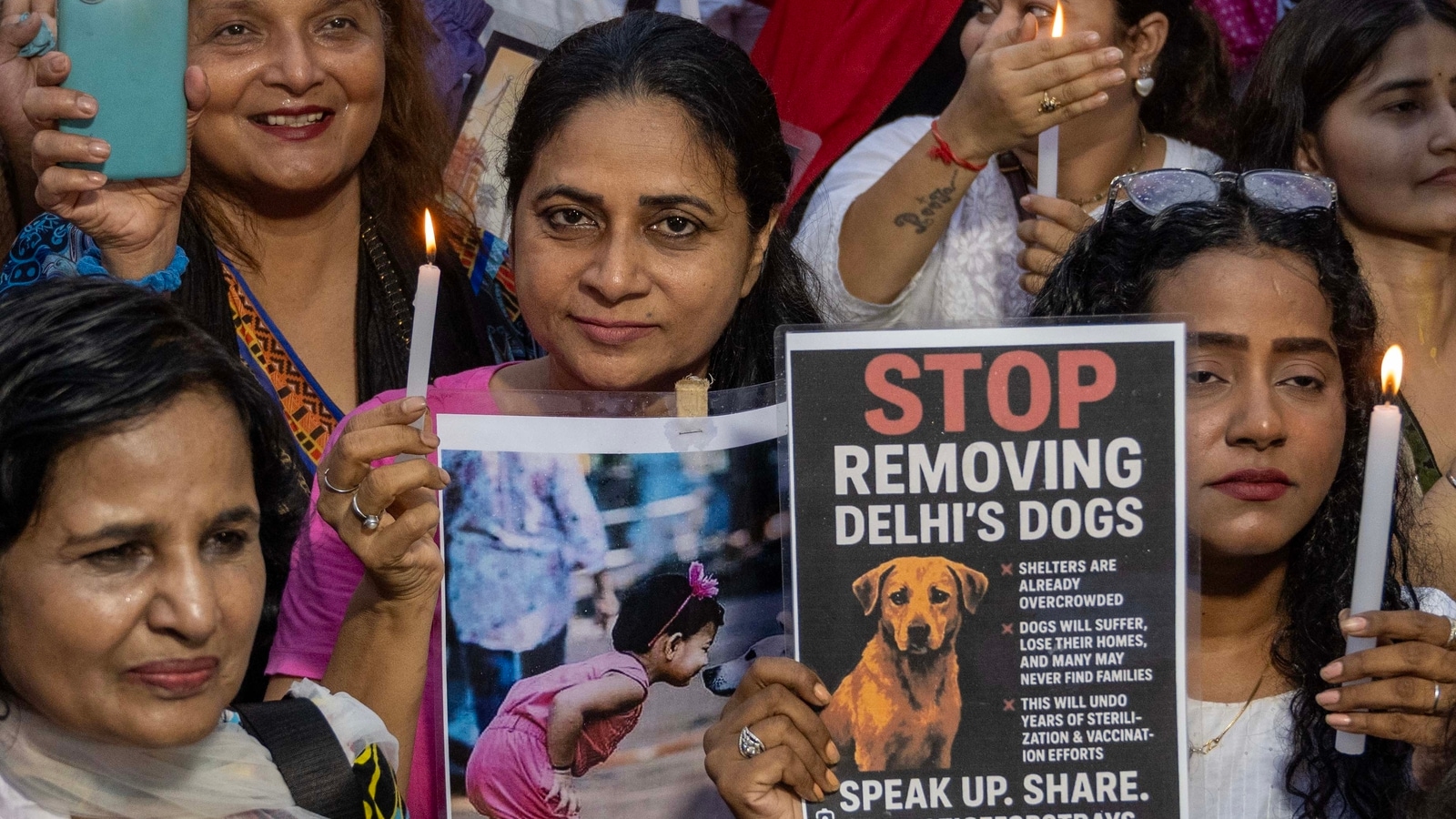KalimNews, August 19, 2025 : A surge of protest and public anger following two highly controversial incidents involving derogatory statements against the Nepali language—one by a sitting judge in West Bengal and the other by a university student in Sikkim—has ignited widespread condemnation across the country, particularly among the Gorkha and Nepali-speaking communities. These incidents have not only been perceived as direct assaults on the linguistic identity of millions of Indian citizens but have also raised serious questions about the awareness. Both incidents have sparked fierce condemnation from political leaders, civil society, and legal institutions across the country, prompting renewed discussions on linguistic rights and constitutional recognition of the Nepali language.
The first incident occurred in Mungpoo, West Bengal, where Civil Judge (Junior Division) cum Judicial Magistrate, Smt. Alakananda Sarkar, allegedly prohibited an advocate from speaking in Nepali during court proceedings, on August 14, stating, “Nepali is not an Indian language but a language of Nepal and cannot be used in this court.” This statement, as reported by the Darjeeling Bar Association and confirmed by the Mungpoo Bar Association, has been denounced as unconstitutional and discriminatory.
Prominent figures including Anit Thapa, Chief Executive of the Gorkhaland Territorial Administration (GTA), Raju Bista, MP from Darjeeling, and B.P. Bajgain, MLA from Kurseong, have spoken out against the incident, terming it as an insult to the Gorkha community and the constitutional fabric of India.
The Mungpoo Bar Association, supported by court staff, observed a pen-down strike, demanding both an unconditional apology from the magistrate and her immediate transfer. Similarly, the Darjeeling Bar Association to which the Mungpoo Bar Association is affiliated observed a one-day abstention from work and extended their solidarity with the protesting legal fraternity.
In a related development, students of Sikkim University reported a second incident where Raj Shekhar, a first-semester M.Com student, made anti-Nepali remarks in a departmental WhatsApp group. He allegedly referred to Nepali as a “foreign language” and suggested that those who wish to use it should “go to Nepal.” These comments deeply offended the Nepali-speaking community and were reported to the Ranipool Police Station. Following significant backlash, today Raj Shekhar issued a public video apology, but the damage to communal harmony was already done.
Community leaders and student organizations assert that such statements violate the constitutional guarantee of linguistic equality and undermine national unity. These incidents, they argue, are symptomatic of a broader systemic prejudice faced by the Gorkha community across India—where despite their centuries-long contributions to the nation, their loyalty and identity are repeatedly questioned.
The remarks made by the judge and the student have been called not only ignorant but also dangerous, especially considering that Nepali is one of the 22 constitutionally recognized languages under the Eighth Schedule of the Indian Constitution. It gained this status through the 71st Constitutional Amendment Act of 1992, following a 36-year-long democratic struggle led by Indian Gorkha leaders like Anand Singh Thapa, Ratanlal Brahmin, and Dil Kumari Bhandari. August 20 is observed annually as Bhasha Manyata Diwas (Language Recognition Day) to commemorate this historic achievement.
Anit Thapa, in a press release, highlighted that he personally met with the Union Law Minister today to raise serious concerns about the Mungpoo court incident. He has demanded urgent intervention from the Law Ministry to protect the linguistic rights of the Nepali-speaking community and to maintain peace and order. “I stand with the Bar Association members for the protection of our mother tongue and the dignity of our ethnicity,” he stated, expressing deep sadness over the repeated negative commentary on the constitutional status of the Nepali language.
A formal petition submitted on August 18, 2025, by the Mungpoo Bar Association to the Darjeeling Bar Association outlines several key allegations:
-
The magistrate refused to allow communication in Nepali during court proceedings and among staff, insisting only on Hindi or Bengali. demanding her tranfer and apology:
-
She is reported to have stated that “Nepali is the language of Nepal, not of India.”
-
The association emphasized that Nepali has been the official language of the Darjeeling district since 1961 under the Official Language Act.
-
The Bar Associations in Kalimpong, Kurseong, and Mirik have also been notified and urged to support the protest.
-
The judge’s actions are viewed as deeply insensitive, especially in the context of the region’s historical struggle for recognition and communal harmony.
Further intensifying the controversy, Chief Election Commissioner Gyanesh Kumar allegedly made a blanket statement during a press conference claiming that “Nepali and Bangladeshi citizens do not have the right to vote in India.” This statement has sparked concern and confusion among Indian citizens of Nepali and Bangla-speaking heritage. Activists are demanding clarification on whether this remark was targeted toward legitimate Indian citizens who have, for decades, lived in the country, contributed to its development, and participated in its democratic processes.
The protestors argue that these are not isolated incidents but part of a longstanding pattern of racial and linguistic prejudice faced by the Gorkha community. Despite producing countless patriots, leaders, and contributors to Indian society—like Major Durga Malla, Capt. Ram Singh Thakuri (composer of the National Anthem’s martial tune), Tenzing Norgay, Sunil Chhetri, Anju Tamang, and Dr. Eklabya Sharma—the community’s loyalty is still doubted based on language or physical appearance.
The recognition of Nepali language as an Indian language was the result of immense sacrifices and democratic effort. In 1956, Anand Singh Thapa, along with Narendra Singh Rana and Bir Bahadur Bhandari, submitted a memorandum to President Dr. Rajendra Prasad demanding constitutional recognition of Nepali. Over time, the demand grew across various Indian states—Dehradun, Darjeeling, Sikkim, Assam, Manipur, and others—until it finally culminated in the amendment of the Constitution in 1992. Contributions from literary giants like Dr. Parasmani Pradhan, who authored important works on Nepali language and literature, were instrumental in the recognition movement.
Today, Nepali is a language with over 19 million native speakers and 14 million secondary speakers. It is not only the official language of Sikkim and Gorkhaland Territorial Administration in West Bengal, but also widely spoken across Arunachal Pradesh, Assam, Himachal Pradesh, Manipur, Meghalaya, Mizoram, and Uttarakhand. It is also a significant language within the Indian diaspora in the Middle East, Australia, Brunei, and beyond.
The Gorkha community is now demanding a renewed commitment from the Indian state to uphold the dignity, legal recognition, and constitutional status of the Nepali language. The collective call is clear: the Gorkhas will not remain silent. Discrimination on the basis of language or ethnicity must be denounced and corrected at every level of governance, administration, and society.
“Our language is our identity. We are as Indian as anyone else, and we will continue to stand up for our rights, culture, and heritage,” a joint statement from community leaders reads.
As the nation prepares to mark Bhasha Manyata Diwas on August 20, these incidents serve as a powerful reminder of the need to protect the pluralism and constitutional values that India upholds.


